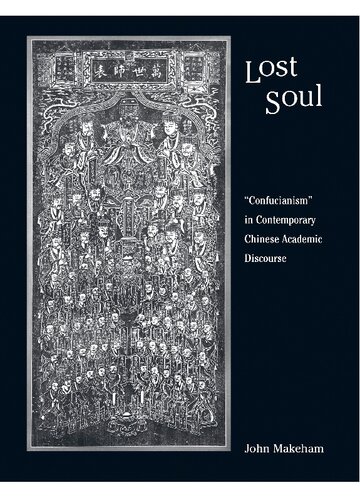

Most ebook files are in PDF format, so you can easily read them using various software such as Foxit Reader or directly on the Google Chrome browser.
Some ebook files are released by publishers in other formats such as .awz, .mobi, .epub, .fb2, etc. You may need to install specific software to read these formats on mobile/PC, such as Calibre.
Please read the tutorial at this link: https://ebookbell.com/faq
We offer FREE conversion to the popular formats you request; however, this may take some time. Therefore, right after payment, please email us, and we will try to provide the service as quickly as possible.
For some exceptional file formats or broken links (if any), please refrain from opening any disputes. Instead, email us first, and we will try to assist within a maximum of 6 hours.
EbookBell Team

0.0
0 reviewsSince the mid-1980s, Taiwan and mainland China have witnessed a sustained resurgence of academic and intellectual interest in ruxue―“Confucianism”―variously conceived as a form of culture, an ideology, a system of learning, and a tradition of normative values. This discourse has led to a proliferation of contending conceptions of ruxue, as well as proposals for rejuvenating it to make it a vital cultural and psycho-spiritual resource in the modern world.
This study aims to show how ruxue has been conceived in order to assess the achievements of this enterprise; to identify which aspects of ru thought and values academics find viable, and why; to highlight the dynamics involved in the ongoing cross-fertilization between academics in China and Taiwan; and to examine the relationship between these activities and cultural nationalism.
Four key arguments are developed. First, the process of intellectual cross-fertilization and rivalry between scholars has served to sustain academic interest in ruxue. Second, contrary to conventional wisdom, party-state support in the PRC does not underpin the continuing academic discourse on ruxue. Third, cultural nationalism, rather than state nationalism, better explains the nature of this activity. Fourth, academic discourse on ruxue provides little evidence of robust philosophical creativity.